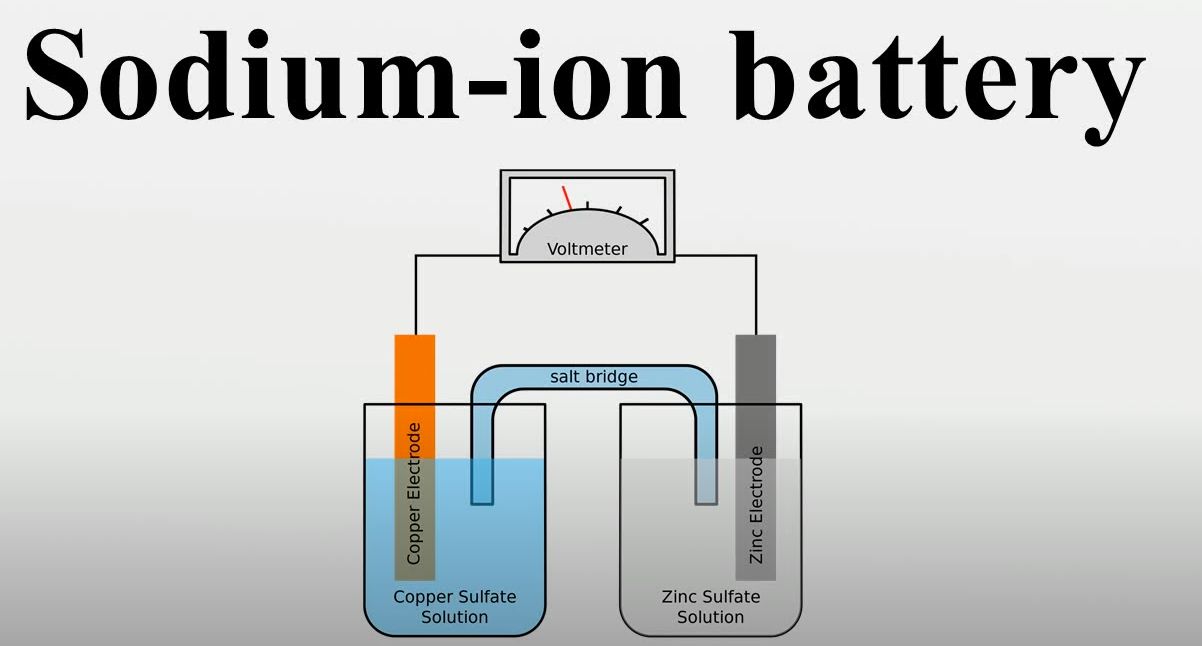Sodium-Ion Battery | 16 Jul 2022
Why in News?
Recently, University of Houston (US) scientists developed an electrolyte that contributes significantly to making sodium ion batteries more commercially viable.
- Sodium-based battery technology might soon be a viable alternative to lithium-based ones.
What are the Key highlights of the Study?
- The study concluded that with the help of the novel electrolyte, ambient temperature solid-state sodium-sulfur battery technology can be employed for grid-level energy storage systems.
- The novel structural and compositional design methodologies establish a new paradigm for the creation of safe, low-cost, energy-dense, long-life solid-state sodium batteries.
What is Sodium Ion Battery?
- They are rechargeable batteries which require sodium ion movement between electrodes during the charging and discharging of the battery, the cathode for these batteries is manufactured from sodium.
What are the issues with Lithium-Ion?
- Lithium-Ion extraction led to environment harming mining practices.
- It releases harmful chemicals which further spell into the rivers and its ecosystem.
- Non reusable as its recycling process is very expensive.
What are the Benefits of Sodium-Ion?
- It's cheaper to produce than their lithium counterparts because of the abundance of the raw materials required to make them.
- They are energy dense, non-flammable, and operate well in colder temperatures.
- Further they can store more energy per unit weight, this could make them well-suited for larger applications such as electric vehicles.
- They are less likely to experience thermal runaway, a condition that can cause fires in lithium-ion batteries.

